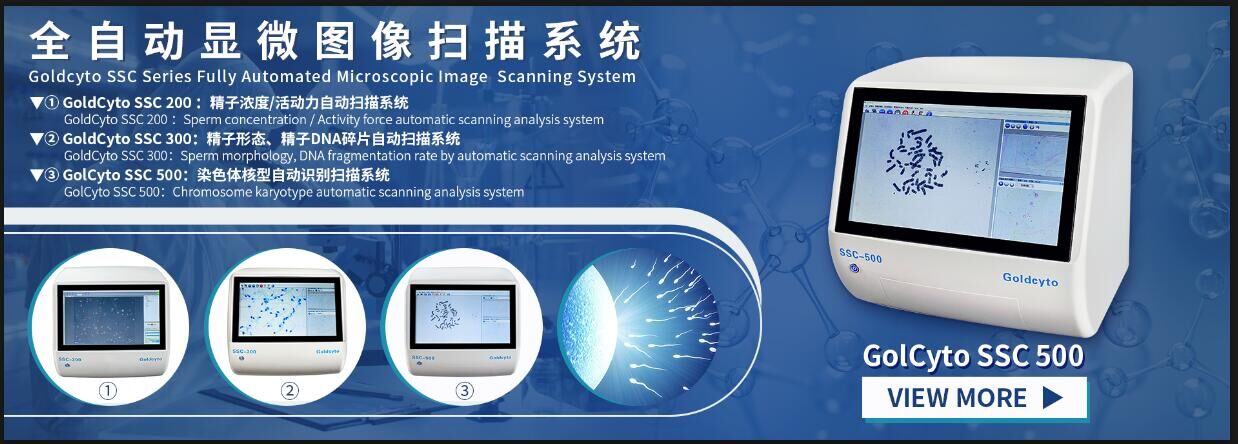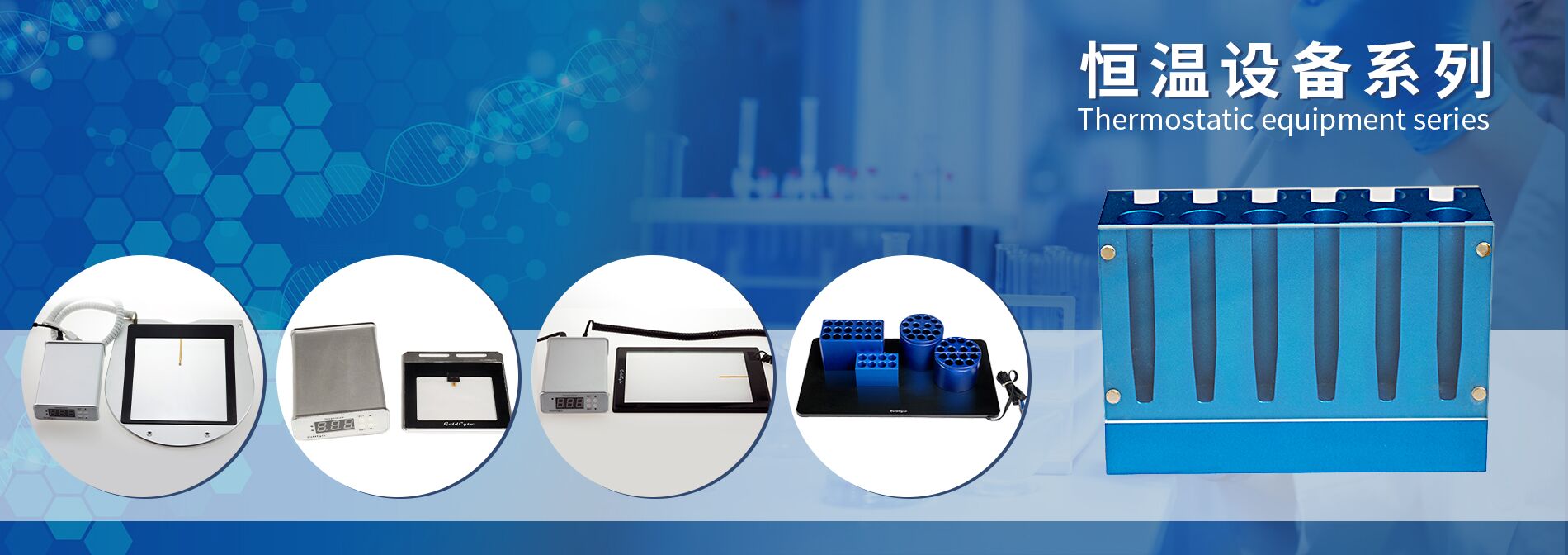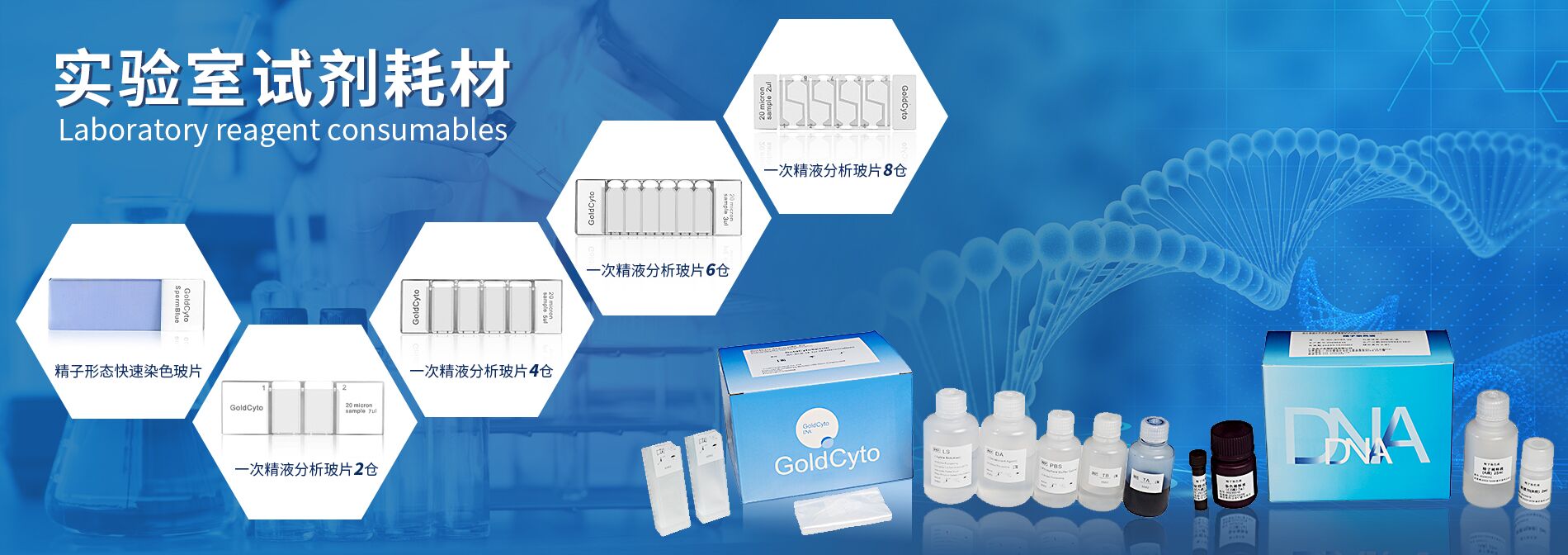


Fluorescence in situ hybridization probe series
As early as the 19th century, changes in the cell nucleus were identified as closely related to the occurrence of cancer.Advances in cytogenetics and molecular cytogenetics over the past century have shown that while a large number of nuclear and chromosomal structural changes occur randomly and nonspecifically, rearrangements involving individual chromosomes can be definitively associated with specific types of cancer.Fluorescence in situ hybridization (FISH), which uses site-specific probes to identify these structural rearrangements, has become a routine diagnostic test in clinical laboratories, and the technology also plays an important role in the management of cancer patients.
Cytocell offers a variety of probes for diagnosing malignancies that are directly labeled and come in ready-to-use hybridization buffer in packages of 10.This protocol is fast and simple, allowing simultaneous co-denaturation of FISH probes and target DNA.This probe mix is designed for fluorescence in situ hybridization experiments on interphase cells and metaphase chromosomes, and is suitable for peripheral blood cells or bone marrow samples.
Features:
Aquarius liquid form;
Ready-to-use - no probe preparation required;
Direct labeling;
Simple cleaning: combined denaturation protocol;
10-person detection kit includes DAPI counterstain and complete Instructions for use.
They are:
Prenatal diagnostic probes:
(1) Standard prenatal diagnostic probe-hybridization time is greater than 12 hours
(2) Rapid diagnostic probe-hybridization time is 2 hours
Hematological tumor diagnostic probe
Hematology pathology Probe
pathology probe
solid tumor diagnostic probe
multi-probe
dye probe
telomere probe
centromere probe
microdeletion probe
custom probe
Auxiliary reagents
